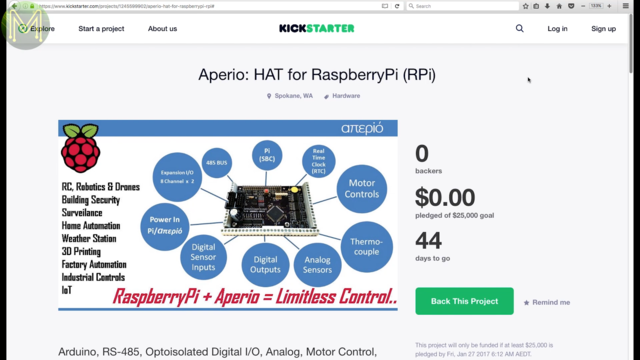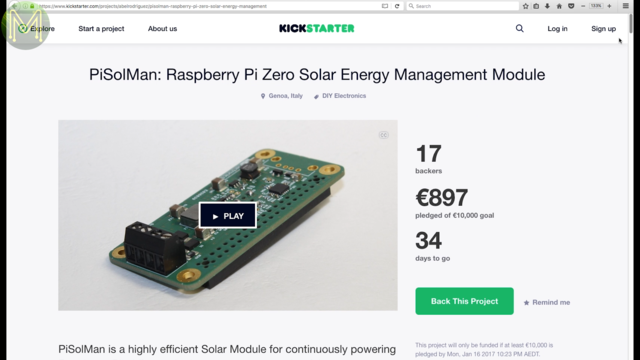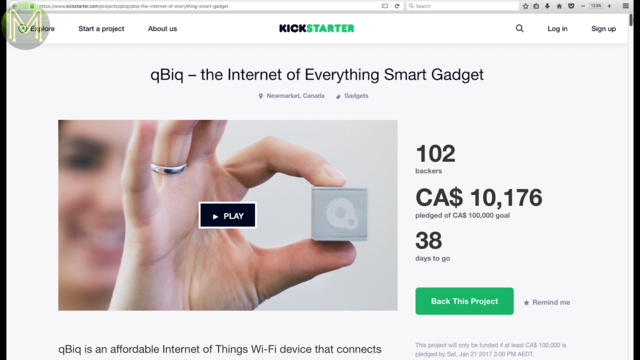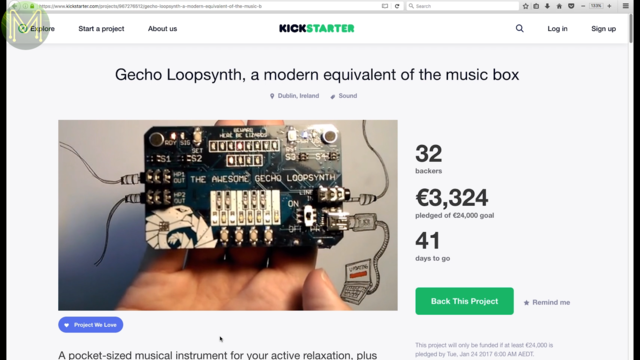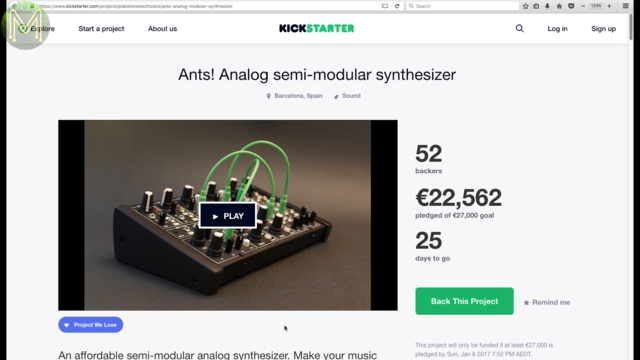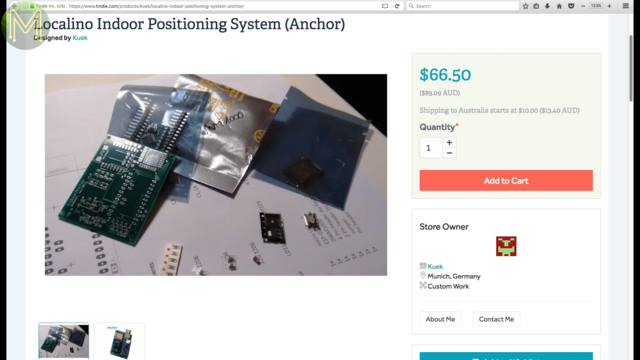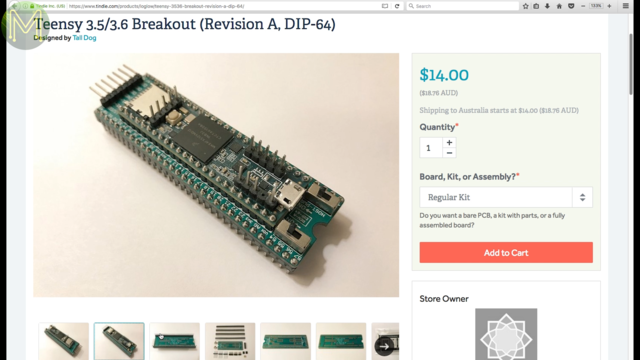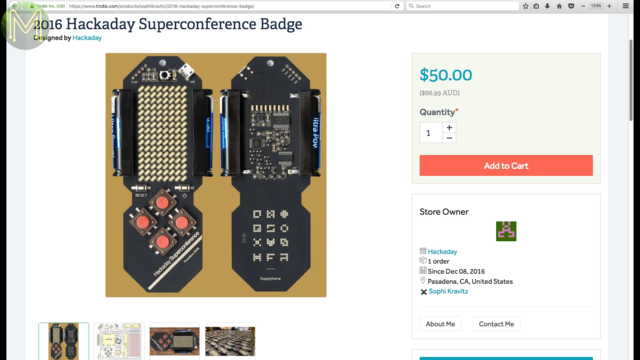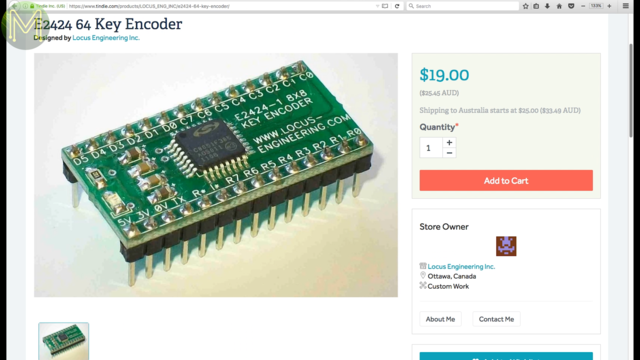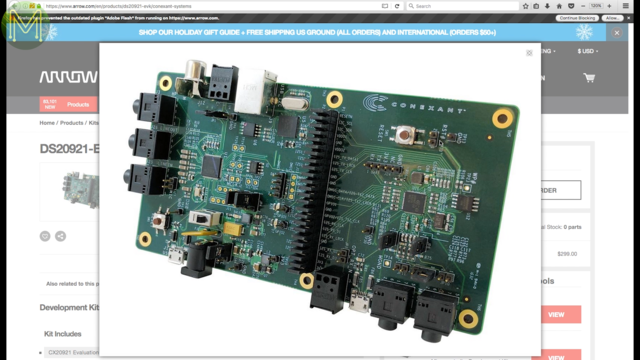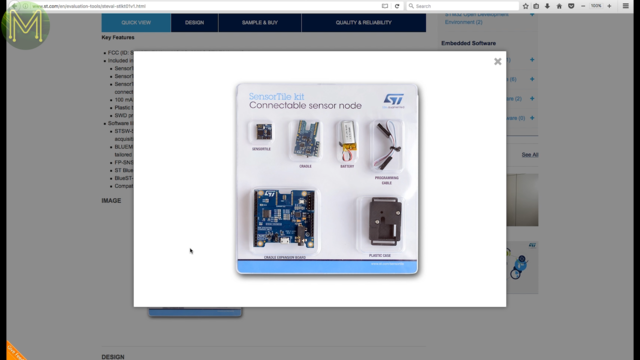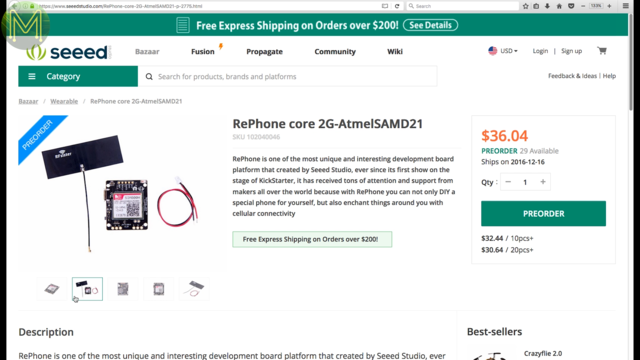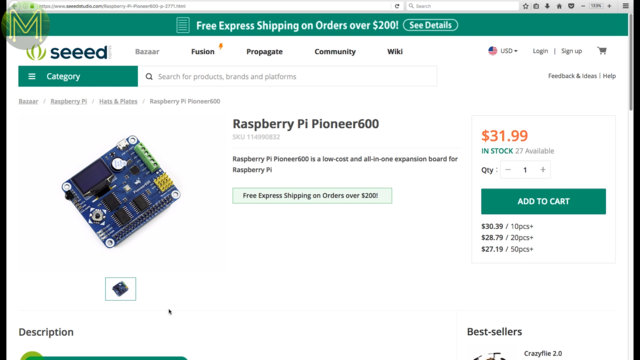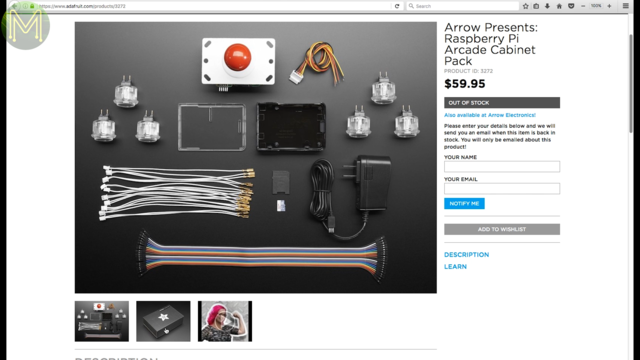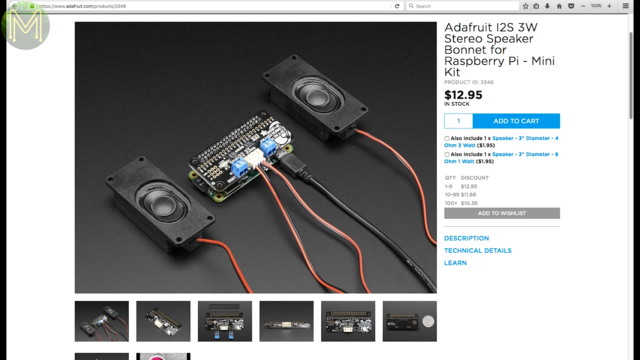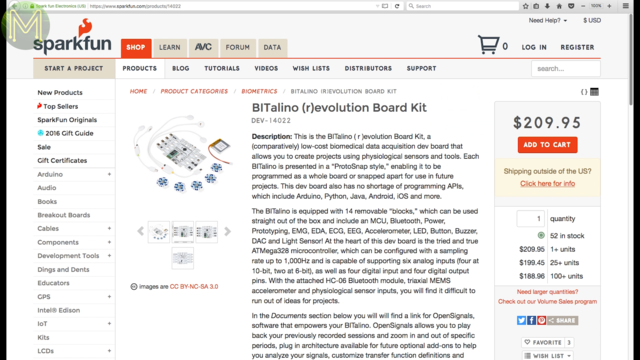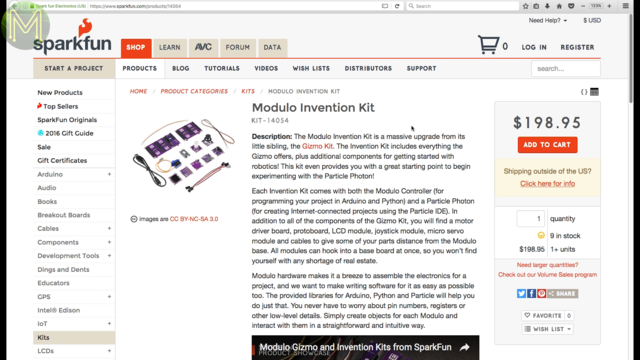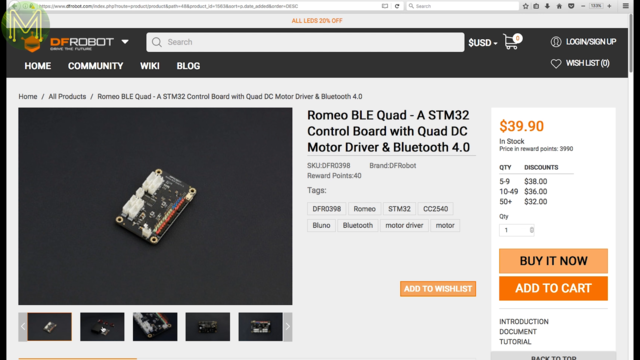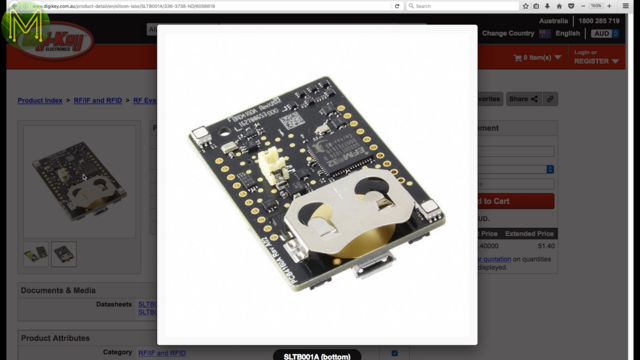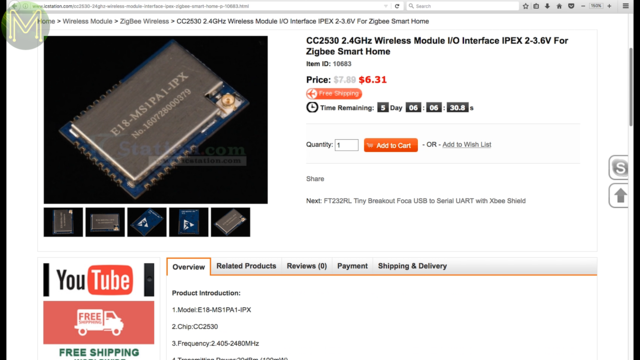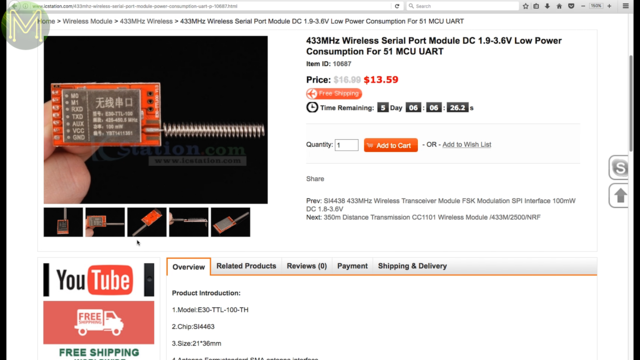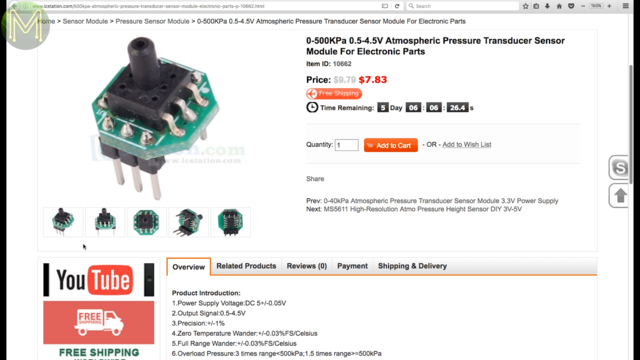Weekly Roundup #16 - New Maker Products // News
This week’s Weekly Roundup is Christmas themed. OK. It seemed like a good idea on paper.
Crowd Funding
KickStarter
Looks like a few people haven’t taken holidays yet on KickStarter.
Aperio
In need of a bucket load of I/O options? This board seems to have them all. Contains RS-485, thermocouple inputs, RTC, battery backup, and 4 stepper motor drivers. GPIOs are also protected by opto-isolation and can accept up to 24v.It’s expensive as it seems to have a lot on it.
PiSolMan
If your project is going to be permanently outside then this module might be the thing. It powers your Pi Zero, charges batteries from a solar panel and monitors battery consumption and state.It’s a pretty good package that fits nicely on the Pi Zero.
FlexR
The FlexR is not really a Maker product, but interesting in it’s hackability worthiness and also a cool idea. The guy has combined muscle sensors with a small bluetooth device that can be used for things like physio rehab or fitness. He also has introduced gamification so, gauranteed people are going to do their physio exercises.Cough Cough…. Reminds me I should do mine.
qBiq
qBiq is another Non-Maker product that might be hackable. It’s yet another wireless IoT device that is small enough to be attached to stuff and measures temperature, humidity, light, and motion.It’s WiFi based, so will be interesting to see what the onboard 500mAh battery life is on this things, but they’ve come up with a fairly complete package that might be a winner.
Gecho Loopsynth
If you’re a muso like me you might like this. The Gecho Loopsynth is a tiny analog synth that has some unusual control methods. There’s two microphones which you can use as general control inputs as well as audio input, inra-red, magnetometer and ranging sensors.Pretty cool.
Ants!
And then there’s Ants! Which is a semi-modular synth. Plug your MIDI keyboard in, attach your amp and power it up. It’s sort of a hybrid digital and analog synth in one.Pretty cool! Shame I’m just a drummer and not on keyboard.
IndieGoGo
Meanwhile IndieGoGo is a no go. Forget it …
Crowd Supply
… and Crowd Supply has only one interesting thing.
Winkel Board
Ta da! The Winkel Board is now live on Crowd Supply and seems to be ramping up to it’s goal very fast. We took a look at this in last week’s roundup, but for those who missed out:It contains an ATmega128 MCU and a bucket load of extras like, ESP12E WiFi, NRF24 radio, DS3231 RTC, HC05 Bluetooth and MPU6065 IMU.
The good thing about all this is the price, you get all that for around US$24 if you’re in early.
Nice! I’ll have to pick one up and review it.
Maker Shops
Tindie
Meanwhile back at the Tindie ranch…
1A Switch-Mode Voltage Regulator
This small 1A switch mode power supply was, I think, the same one as the successful Kickstarter some time ago. It’s a drop in replacement for a standard ML7805 regulator and provides up to 6V from a 4.5 to 17 volt input.Localino
Localino is a way of providing accurate in-door positioning. It’s based on the Decawave UWB transceiver and able to get down to 100mm resolution. Pretty good considering.You will, of course, need three of these expensive anchors and the tags are relatively cheaper, but a great product if you need accurate indoor positioning.
Teensy 3.5/3.6 Breakout
This is yet another Teensy 3.5/3.6 breakout board, but this one is capable of breaking out those surface mount pads that you normally can’t reach under the Teensy.2016 Hackaday Superconference Badge
Did you miss the Hackaday super conference? Well you can pick up your very own 2016 Hackaday Superconference badge! They seem to have a few left over.E2424 64 Key Encoder
This E2424 board is basically a keyboard encoder. The creator has actually built it from a Silicon Labs 8051 MCU from the ground up.AdaFruit, Seeed, SparkFun, DFRobot, DigiKey
You do realize it is 40 degrees outside and I’m blazing hot in this, don’t you?
DS20921-EVK
Arrow Electronics will have the new Conexant DS20921 in soon. Which is a development board created between Amazon and Conexant to bring Alexa Voice Services deeper into the Maker space.Combined with multiple microphones it can isolate a single voice amongst background noise and process and analyze commands.
STEVAL-STLKT01V1
ST recently launched their SensorTile module, which is a tiny PCB with onboard Cortex M4F, Bluetooth, 9DOF IMU, pressure and MEMS mike.DigiKey now have a development kit for that and so do Mouser.
RePhone core
If you’re still in a country with working GSM towers then you can pick up a RePhone from Seeed which was a Kickstarter a while back. Comes with SAMD21 MCU and the usual low power SIM800 GSM module.Raspberry Pi Pioneer600
Another Raspberry Pi expansion board. This Seeed version has 1wire interfaces, infrared, RTC, DACs and ADCs, pressure sensors, OLED plus others.Cheaper than getting all those individually.
Raspberry Pi Arcade Cabinet Pack
You’ve been putting off building that MAME cabinet, haven’t you. Well, put it off no longer! This kit includes everything you need to beat your high score in Space Invaders again. (Except you’ll still need a Pi.)I2S 3W Stereo Speaker Bonnet for Raspberry Pi
And this new AdaFruit board gives you stereo amplified output from an I2S interface. A nice all-in-one option that is compatible with any of the Pi models.BITalino (r)evolution Board Kit
BITalino is a development kit for health sensors. Contains an ATMega328 at it’s core and 14 removable blocks that contain bluetooth, lights, buttons and buzzers as well as light, Electrocardiogram, Electromyography and motion sensors.That’ll get your heart racing.


